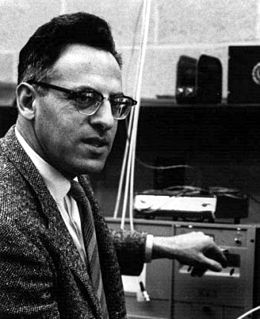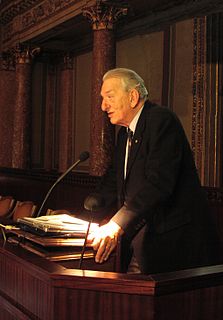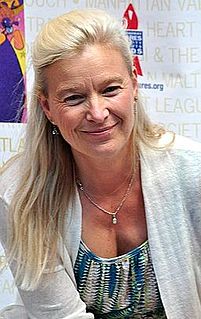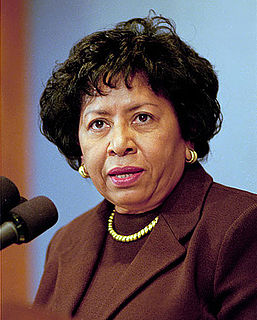A Quote by Frederick Reines
This line of research continued when I went, and brought my research group with me, to the new University of California, Irvine campus in 1966 to become the founding Dean of the School of Physical Sciences.
Related Quotes
In 1986, I was asked by the then-Dean of Science at the University of British Columbia, Dr. R.C. Miller, Jr., to establish a new interdisciplinary institute, the Biotechnology Laboratory. I decided that it was time for me to start paying back for the thirty years of fun that I had been able to have in research.
I had a certificate that said, 'Doctor of Mixology, Harvard University,' that I actually got from Harvard University. A friend of mine was a research assistant over there and it was one of those student or university perks and she brought me in on that. So I am a doctorate from Harvard and it only took me one afternoon.



































